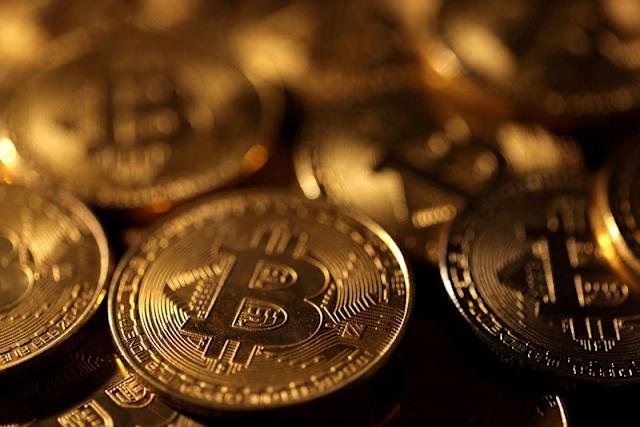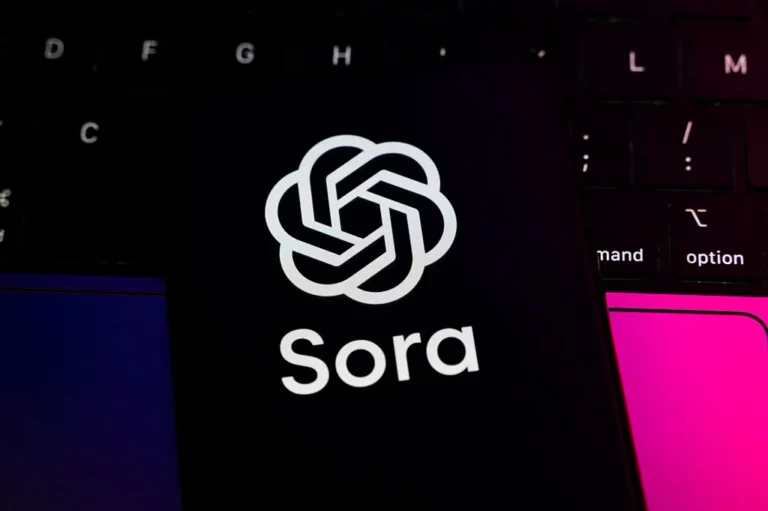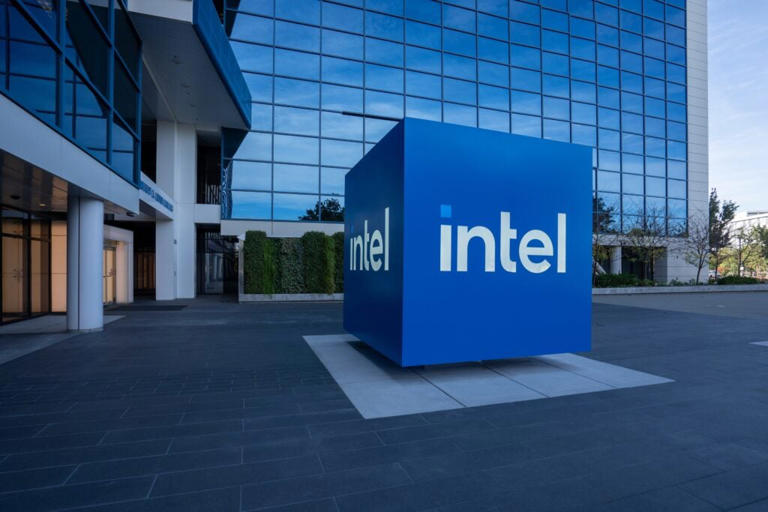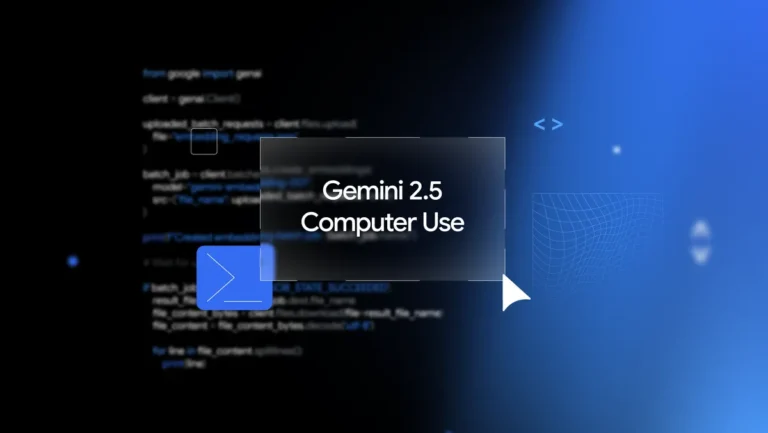
The crypto industry is rapidly evolving, and the next major frontier appears to be tokenized stocks — a fusion of traditional equity and blockchain technology. Several startups and established crypto firms are now experimenting with issuing digital versions of real-world stocks, like Apple or Tesla, using blockchain networks.
While this move promises faster settlements, global access, and 24/7 trading, it also raises serious investor protection and regulatory concerns. Financial watchdogs warn that tokenizing stocks without proper oversight could expose investors to fraud, price manipulation, and systemic risk.
What Is Tokenization of Stocks?
Tokenization refers to converting a real-world asset—such as stocks, bonds, or real estate—into digital tokens stored on a blockchain.
Each token represents a share (or fraction) of an underlying stock, and investors can trade these tokens like any other cryptocurrency. This means that fractional ownership, instant global trading, and lower fees become possible.
For example:
- A tokenized version of Apple stock (AAPL) could trade 24/7 on a blockchain.
- Investors from any country could buy fractions of that token without going through traditional exchanges.
This innovation could revolutionize equity markets, making them more open and inclusive. However, it also brings legal gray areas—especially when tokens represent real financial securities.
Investor Protection Concerns
Despite the promise, regulators are deeply concerned. The U.S. Securities and Exchange Commission (SEC) and European regulators warn that most tokenized stocks fall under the definition of securities, and therefore must comply with existing financial laws.
However, many crypto platforms offering these assets operate outside the traditional financial system, with limited transparency.
Key investor risks include:
- Lack of Regulatory Oversight:
Some tokenized stock projects are run from offshore entities, making it hard for investors to seek legal protection. - Counterparty Risk:
Tokens may not be directly backed by the actual stock, leaving holders exposed if the issuer fails. - Data and Custody Risks:
Without regulated custodians, investors risk losing their assets through hacking or platform insolvency. - Market Manipulation:
Tokenized markets can be thinly traded, allowing price distortion or pump-and-dump schemes.
Regulators are pushing for clear rules to ensure that innovation doesn’t come at the expense of safety.
Global Race and Market Impact
The race to tokenize stocks isn’t limited to small crypto startups. Traditional finance is also entering the scene.
- BlackRock and Fidelity have both discussed tokenization as part of the next wave of financial evolution.
- Deutsche Bank and HSBC are piloting blockchain-based custody for tokenized assets.
- Ethereum and Polygon networks are leading the infrastructure side, powering many of these tokenized projects.
According to Boston Consulting Group, the market for tokenized assets could reach $16 trillion by 2030 — signaling massive potential but also massive risk.
If unregulated crypto players dominate this space, consumer losses and financial instability could follow, experts warn.
Balancing Innovation and Regulation
The challenge lies in balancing innovation with investor protection. Regulators are now drafting frameworks to govern tokenized securities.
In the U.S., the SEC is tightening its scrutiny of tokenized products, while the European Union’s MiCA (Markets in Crypto-Assets Regulation) sets out licensing standards for token issuers.
Experts believe that clear regulation will encourage institutional adoption and reduce fraud risks. Properly regulated tokenized stocks could become a bridge between Wall Street and Web3.
For tokenization to succeed long-term, compliance, transparency, and investor education must be at the core of development.

The Promise of Tokenized Finance
Despite the risks, the concept of tokenized assets has undeniable potential:
- 24/7 global trading without middlemen.
- Fractional ownership of high-value stocks.
- Faster settlements through blockchain automation.
- Integration with DeFi ecosystems for borrowing, lending, and staking.
By merging traditional finance (TradFi) and decentralized finance (DeFi), tokenization could democratize access to investment opportunities once reserved for wealthy or institutional investors.
But without effective regulation, these benefits may come with unacceptable levels of risk.
For more details, you can read JPMorgan’s insights on stablecoin adoption here:
JPMorgan Stablecoin Dollar Demand Report
Conclusion
The crypto race to tokenize stocks represents both a revolutionary shift and a regulatory nightmare. On one hand, blockchain-based equities could bring efficiency, transparency, and access to global markets. On the other, unchecked growth could lead to investor harm and undermine trust in digital assets.
As JPMorgan and BlackRock continue exploring tokenized infrastructure, governments must craft policies that protect investors while fostering innovation.
The coming years will define whether tokenized stocks become a trusted investment tool—or another cautionary tale in the crypto saga.
Explore more technology updates.


